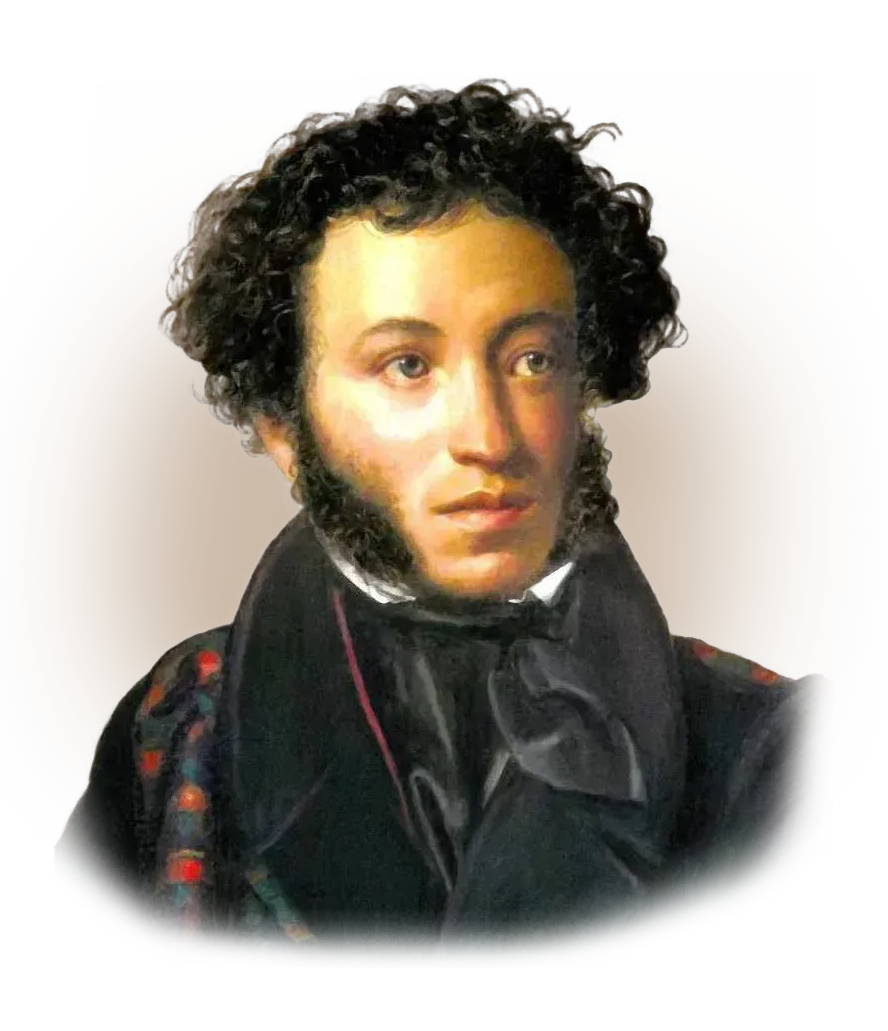
28.12.2023
Alexander Pushkin, often hailed as the father of Russian literature, lived a life steeped in both literary brilliance and intriguing anecdotes. Over time, myths and legends have woven themselves into the fabric of his story, blurring the lines between reality and fiction. Let’s delve into some of these myths, seeking to unveil the truths beneath the mystique surrounding Pushkin’s life.
Alexander Pushkin, often hailed as the father of Russian literature, lived a life steeped in both literary brilliance and intriguing anecdotes. Over time, myths and legends have woven themselves into the fabric of his story, blurring the lines between reality and fiction. Let’s delve into some of these myths, seeking to unveil the truths beneath the mystique surrounding Pushkin’s life.
Myth 1: Pushkin’s Ancestry and Noble Lineage
Pushkin’s ancestry is often embellished with claims of noble lineage. While he did come from a distinguished family with ties to Russian aristocracy, the exact extent of this lineage has been a subject of debate. Some tales glorify his roots, attributing royal connections, yet historical records suggest a more modest background.
Reality: Pushkin’s paternal ancestry traced back to Abram Petrovich Gannibal, an African man brought to Russia as a slave, later becoming a prominent figure in the Russian court. Pushkin’s maternal line had connections to nobility, but the specifics of his noble heritage remain less extravagant than some legends suggest.
Myth 2: Pushkin’s Rebellious Spirit and Political Activism
Pushkin’s rebellious persona often surfaces in tales of his involvement in secret societies or political activism against the Russian monarchy. Some narratives depict him as a staunch advocate for social change and revolution.
Reality: While Pushkin’s writings demonstrated a keen observation of societal issues and a desire for reform, direct evidence of his active participation in subversive political activities remains limited. His connections to liberal intellectuals and his bold critiques of societal injustices hint at his progressive inclinations, but concrete involvement in revolutionary movements is not well-documented.
Myth 3: Pushkin’s Romantic Adventures and Duels
Pushkin’s romantic escapades and dramatic duels are legendary, painting a portrait of a passionate and often reckless man entangled in affairs and frequent duels over honor and love.
Reality: Pushkin did lead a life colored by romantic relationships and duels, but the exaggerated tales often overshadow the deeper complexities of his character. His marriage to Natalia Goncharova was marked by love and turbulence, and his duels, including the fatal one with Georges-Charles d’Anthès, stemmed from personal conflicts rather than a romanticized pursuit of honor.
Myth 4: Pushkin’s Death as a Martyr for Freedom
The circumstances surrounding Pushkin’s death often evoke the image of a martyr sacrificing himself for freedom of expression and political ideals.
Reality: Pushkin’s tragic demise in a duel was more a result of personal circumstances and wounded pride than a deliberate sacrifice for freedom. While his legacy as a literary and cultural icon undeniably symbolizes freedom of expression, portraying his death solely as a political martyrdom might oversimplify the complexities of the event.
In conclusion, Pushkin’s life, like his literary works, is a blend of truth and embellishment, where myths often intertwine with reality. Unraveling the myths allows a deeper understanding of the man behind the legend—a complex figure whose brilliance, flaws, and experiences continue to captivate audiences worldwide.




